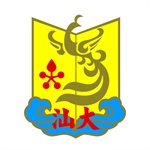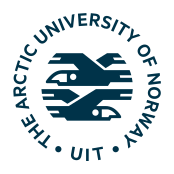📖Program Curriculum
Project details
The wide-ranging advantages of Additive Manufacturing (AM) technologies, including flexibility to deal with complex and ever-changing product designs, lower cost of small batch production, shorter lead times due to savings in tool and fixture developments, minimisation of requirements for holding stock parts as well as many other supply chain benefits, has led to significant growth in their applications across many different manufacturing sectors.
The concept of additive manufacturing has benefited from a tremendous upsurge of technological developments from its origin of rapid prototyping and manufacturing in very small scale mainly for illustrative purposes to contemporary additive manufacturing and 3D/4D printing, now capable of eliminating the need for spare part inventory in many large batch productions.
While the application of Circular Economy (CE) in traditional high-volume manufacturing has attracted significant interests, the end-of-life management of additive manufacturing products has in comparison received limited attention, principally due to the dated perception of low volumes of use and waste in AM applications. However, the ever-increasing range of raw materials, including traditional polymers and biopolymers, basic metals and alloys, ceramics and cements, as well as rapidly growing range of industrial applications from automotive, aeronautical, and aerospace to construction, health and consumer goods sectors, necessitate a holistic ‘whole-system’ approach to address many research challenges involved in a circular use of products and/or materials in these applications to improve the overall resource efficiency of additive manufacturing processes.
This PhD programme aims to develop whole-system solutions to promote the applications of circular economy for additive manufacturing industry, through investigation of a circular end-of-life reprocessing of AM parts, both at product level through reuse and remanufacturing and also at material level through open- and close-loop recycling and the reuse of recycled materials.
The research will explore the application of a range of mechanical, thermal and chemical processing for extraction and recycling of materials from parts produced using additive manufacturing processes. Furthermore, comprehensive economic and environmental assessments will be undertaken to identify optimal ‘supply and recovery’ chain configurations based on distributed localised structures to improve the long-term resilience of AM applications.
Show less








